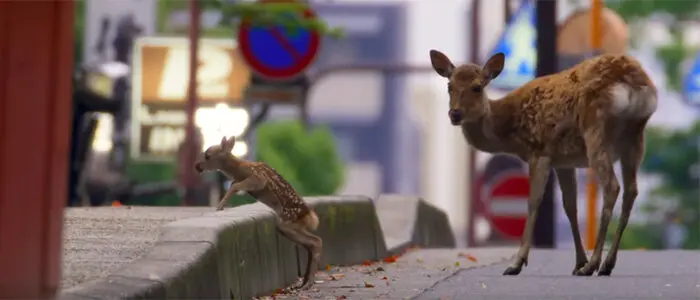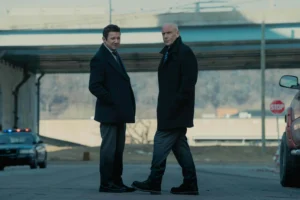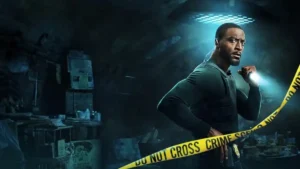Summary
The Year Earth Changed provides an enlightening perspective on the effect various national lockdowns had on the animal kingdom and planet, and trust Sir David Attenborough to remind us how much is going on beyond the houses we’ve been stuck in.
Sir David Attenborough could narrate the end of the world, and we’d probably take it better coming from him than anyone else. In some ways he already has. Netflix’s A Life On Our Planet had an obvious air of finality about it, but it was hard to tell at the time whether we were to fret about the death of the planet, the death of David Attenborough, or perhaps both. On a different streaming platform now – The Year Earth Changed is one of a trio of on-trend Apple TV+ releases ahead of Earth Day 2021 – Attenborough seems to have brightened up. The varied national lockdowns brought about by Covid-19 have brought much of humanity to a standstill, crippling small businesses, keeping folks away from their dying loved ones, and blacking the eyes of economies. There’s little to look forward to. But it isn’t all doom and gloom after all, since the upside of keeping human beings in quarantine is that they’re unable to wreck the entire globe at the same rate as usual.
Wildlife, so Tom Beard’s film tells us, is rejoicing. With us out of the way, they’re free to move, communicate, and breed more efficiently. The air isn’t as choked with toxins. They’re at less risk of being shot and skinned to decorate an influencer’s collar. Several of the film’s most striking images are of animals roaming cleared-out urban areas, like Cillian Murphy in 28 Days Later. The sheer devastation humanity has wrought upon the natural world has never been overlooked in Attenborough’s work, or really the natural history genre in general, but it’s so much more starkly obvious now that the parts we’ve bled dry have had time to come back to life.
Of course, this comes with a pang of sadness. As lockdowns lift and life resumes, we’ll go back to killing and maiming everything in sight, splurging natural resources, and greatly distressing an animal kingdom that was probably glad to see the back of us. They might even take our return worse, having gotten a taste of what being left alone feels like.
As ever, there’s a lesson in The Year Earth Changed. Now that we can see how clearly humanity’s influence devastates the natural world, how can we justify going back to the way things were? If we’ve spent this long inside, can’t we stand to compromise a little? Aren’t we used to the idea by now? And if we do that, aren’t the benefits going to be felt by everyone?
I must confess I’m skeptical that any of this will happen, but since this is an unusually upbeat hour, as far as natural history goes, I’m willing to meet it halfway. Time is of the essence, obviously. But The Year Earth Changed at least reminds us that we can enjoy it as it ticks away.




